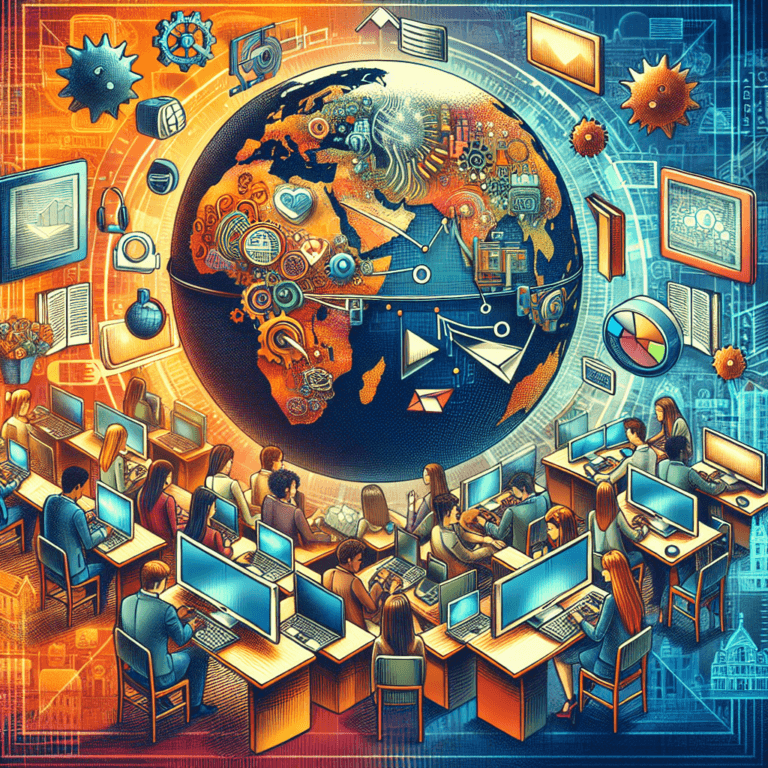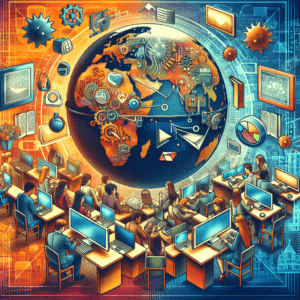Technology has undoubtedly revolutionized university education in recent years, transforming the way students learn and instructors teach. The impact of technology on university education has been profound, shaping every aspect of the educational experience.
One of the most noticeable impacts of technology on university education is the digitization of learning materials. Traditional textbooks are being replaced by e-books and online resources, providing students with instant access to a wealth of information at their fingertips. This has made learning more convenient and efficient, allowing students to study at their own pace and in their own time.
Furthermore, technology has enabled the creation of online learning platforms and virtual classrooms, which have made higher education more accessible to students from all over the world. These platforms allow students to attend lectures, participate in discussions, and collaborate on projects without having to physically be present on campus. This has not only democratized education but also fostered a global community of learners.
Moreover, technology has facilitated the use of multimedia tools in the classroom, enhancing the learning experience for students. Interactive simulations, video lectures, and virtual reality experiences have all become common tools used by instructors to engage students and help them better understand complex concepts. These resources have made learning more interactive and engaging, leading to improved retention and understanding of material.
Technology has also played a significant role in assessment and feedback in university education. Online quizzes, tests, and assignments provide instant feedback to students, allowing them to track their progress and identify areas where they need to improve. Additionally, technology has made it easier for instructors to provide personalized feedback to students, helping them to grow and develop their skills.
Overall, technology has had a transformative impact on university education, making it more accessible, engaging, and efficient. The digitization of learning materials, the rise of online learning platforms, the use of multimedia tools in the classroom, and the improvement of assessment and feedback processes are just a few examples of how technology has changed the educational landscape. As technology continues to advance, it is likely that these impacts will only continue to grow, shaping the future of university education for years to come.







